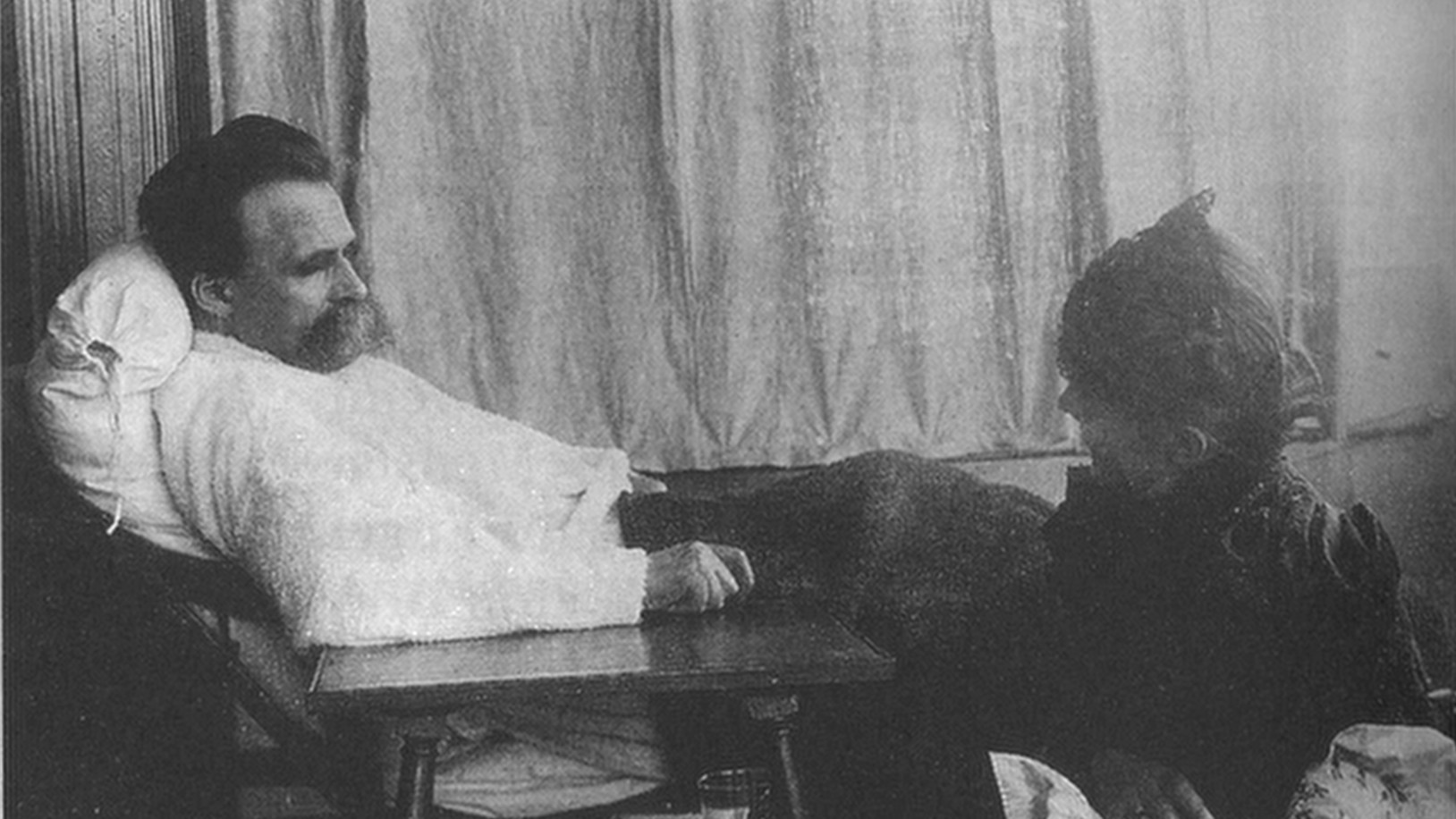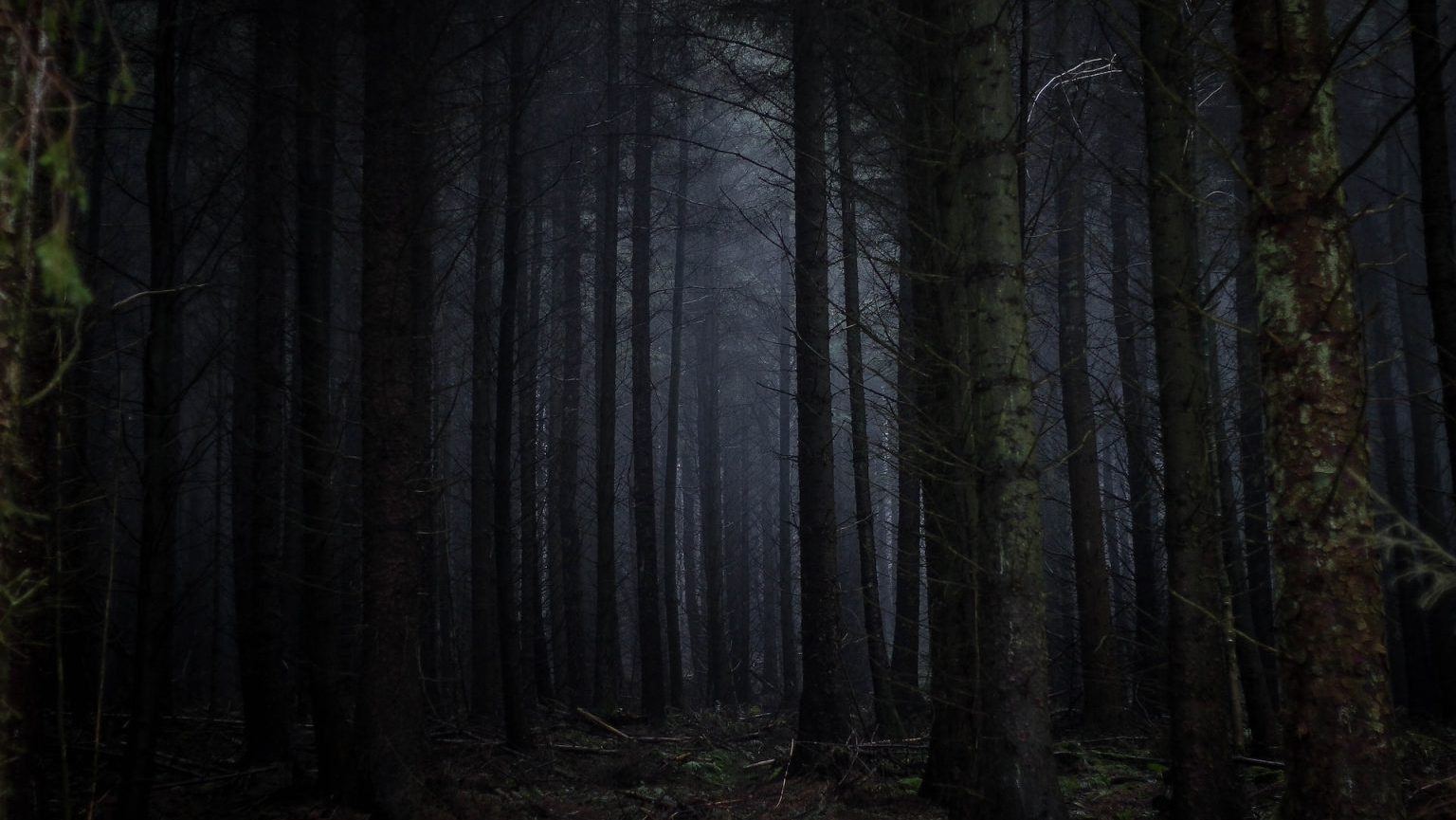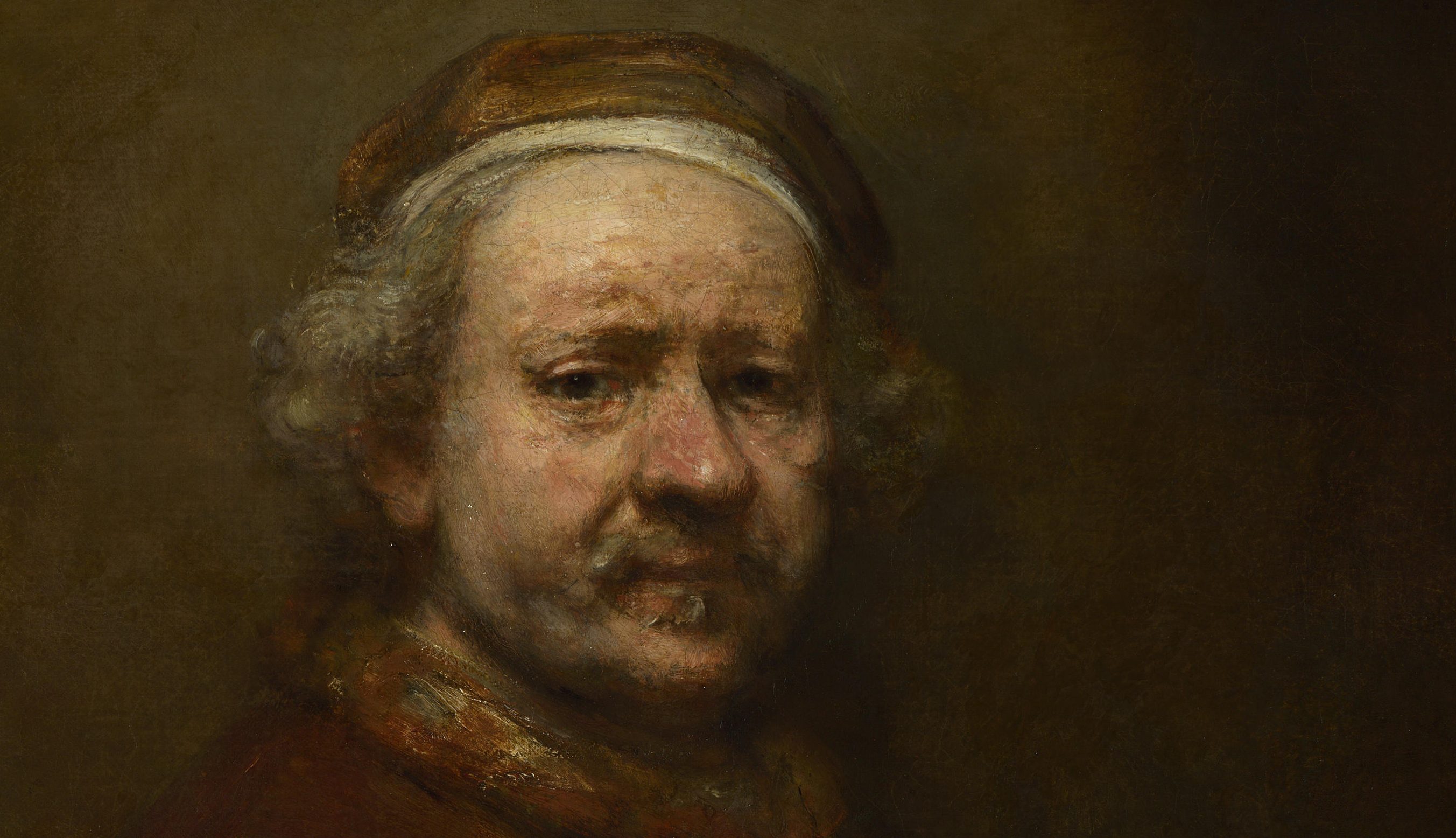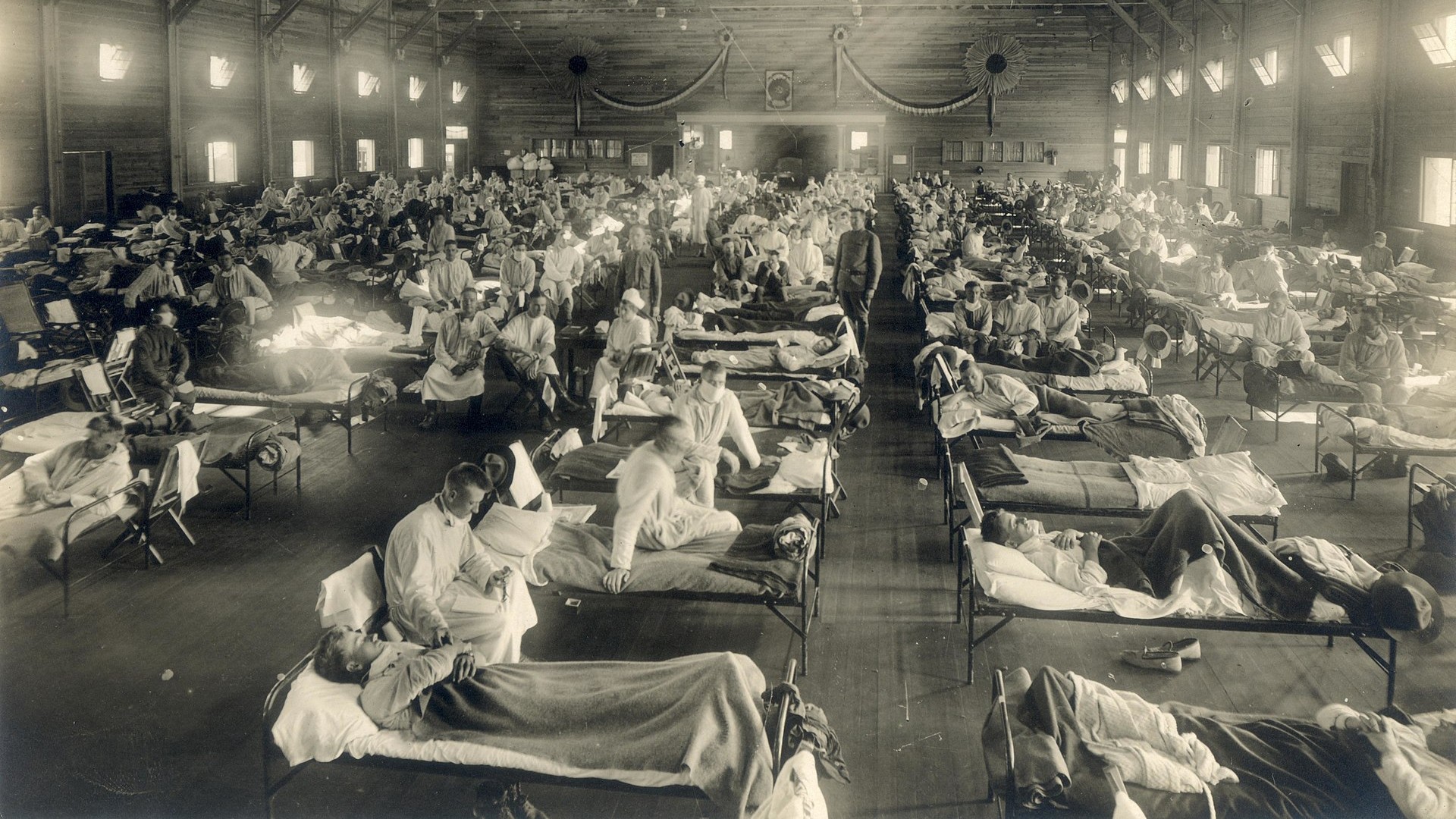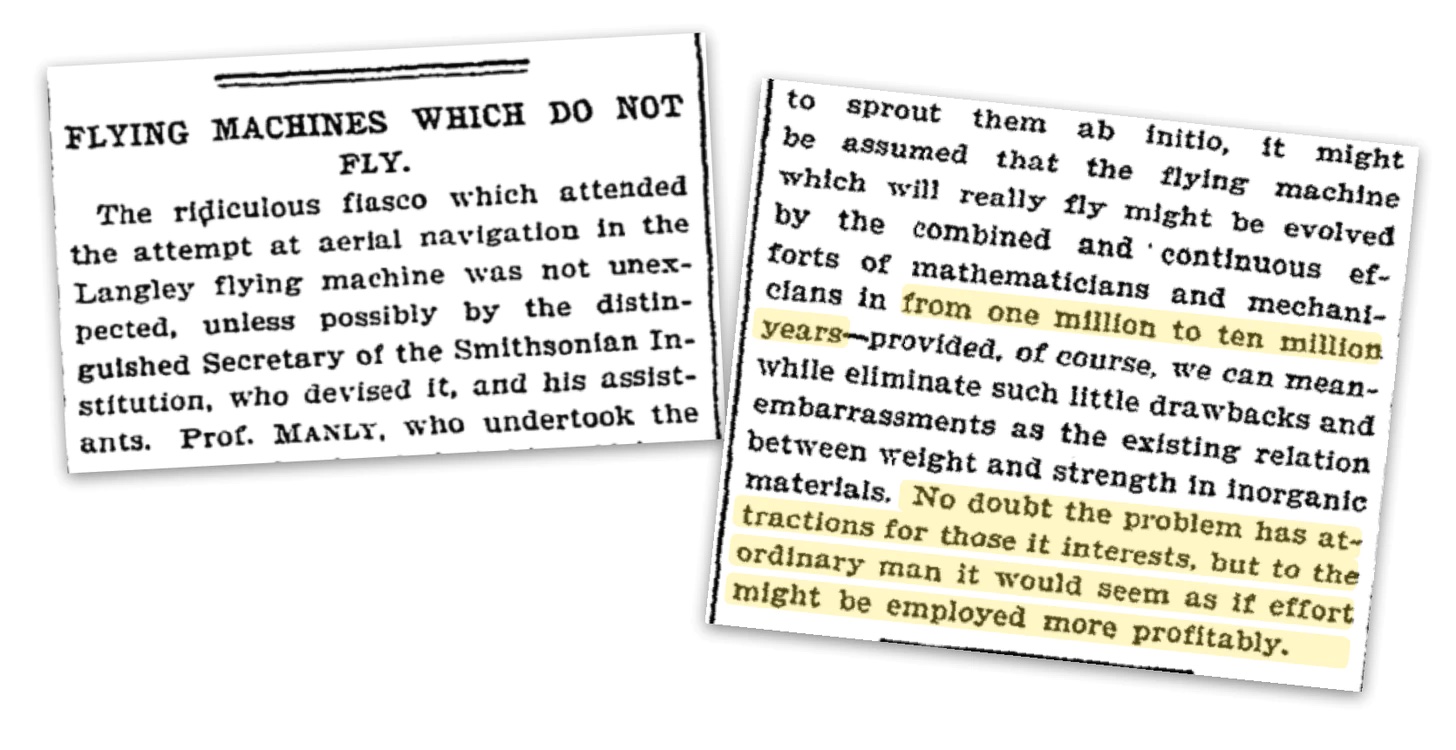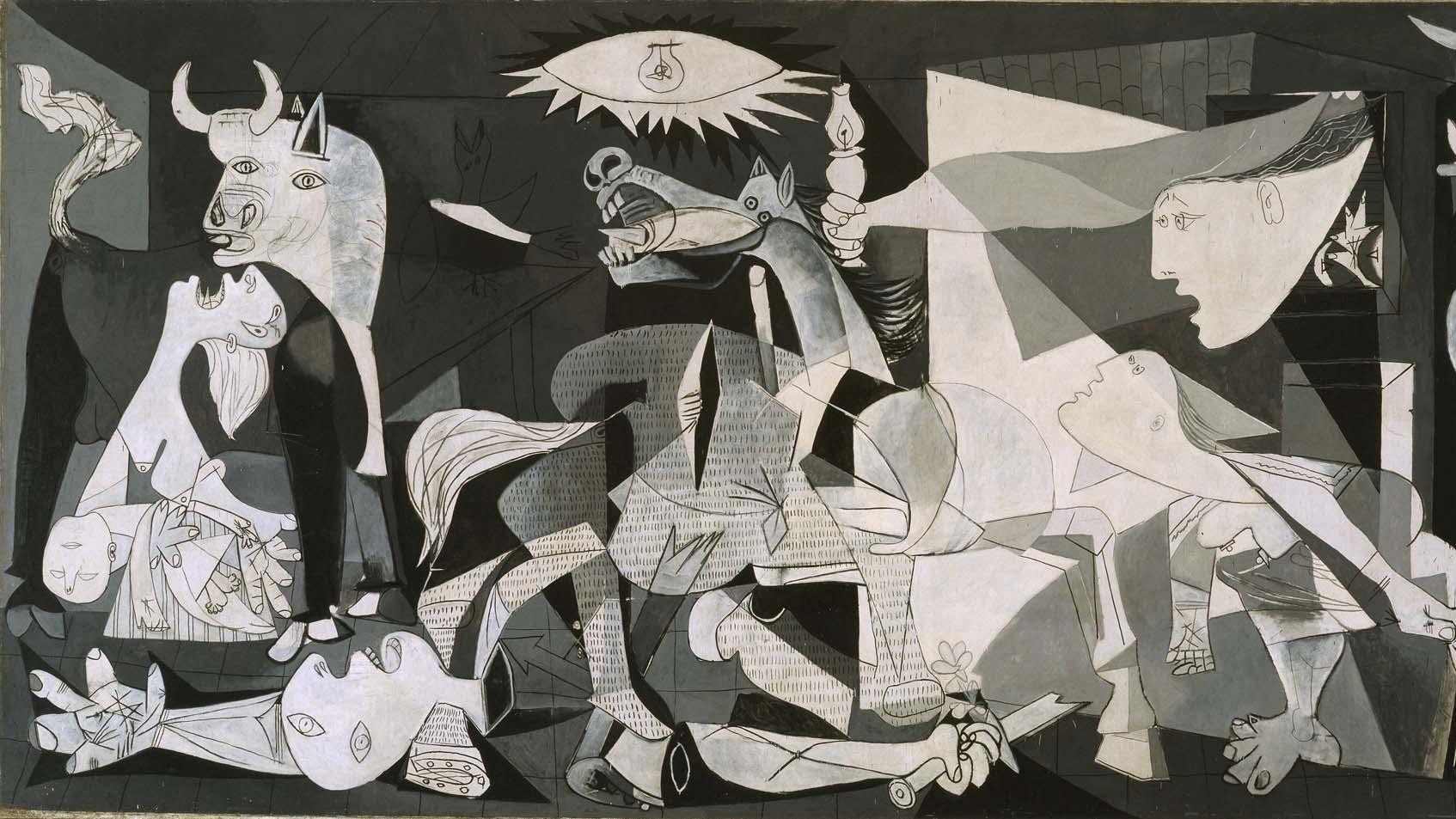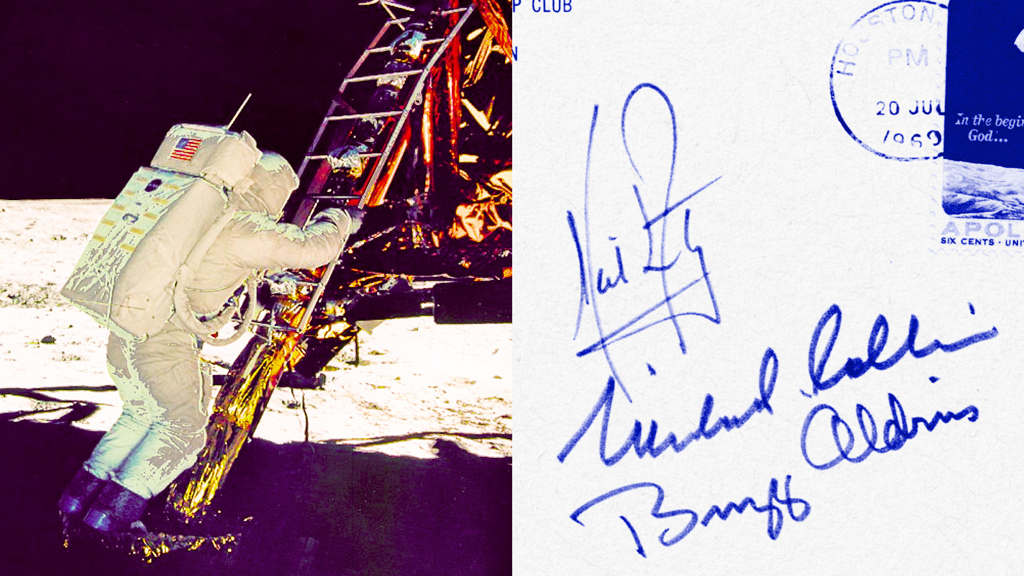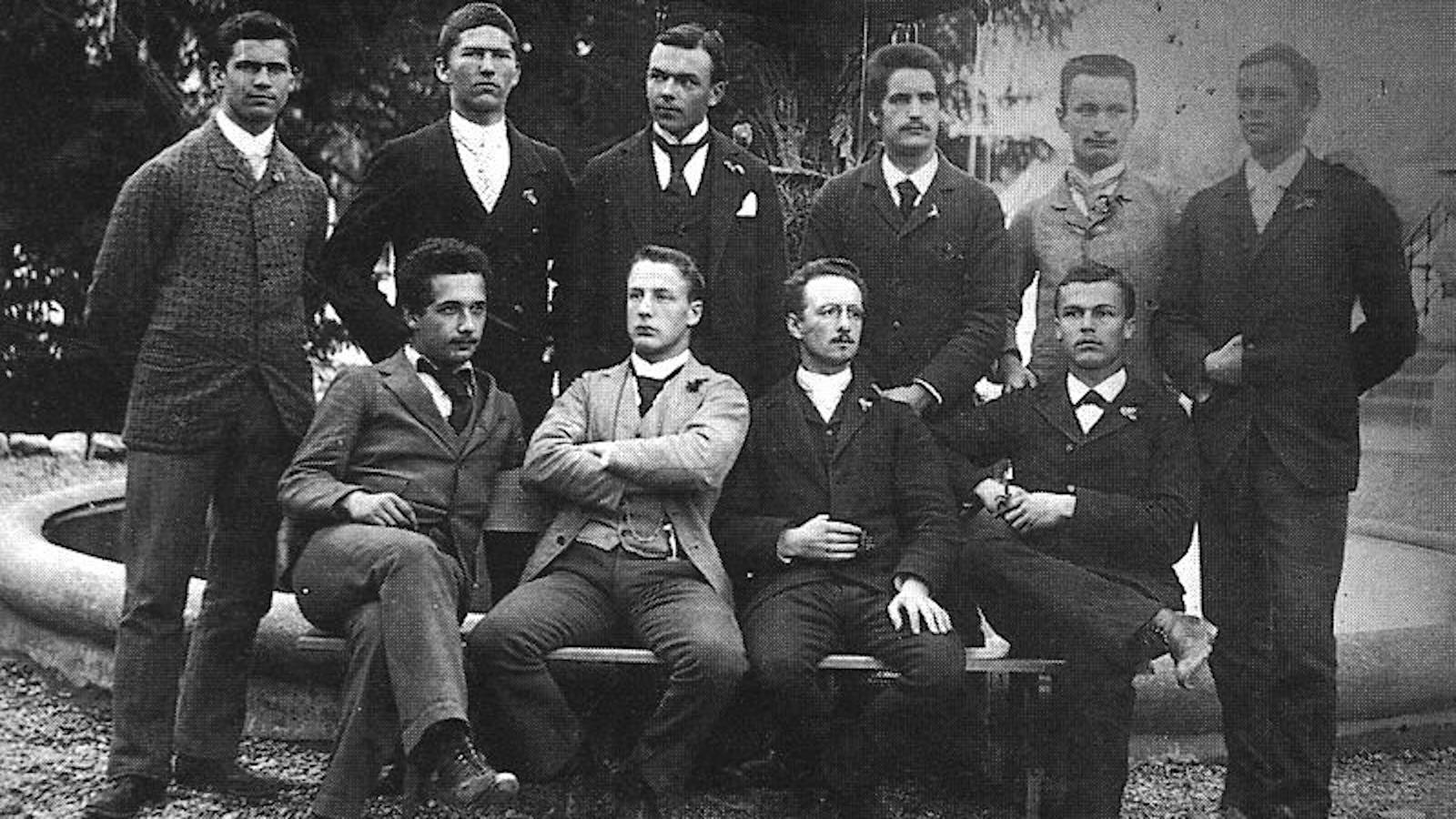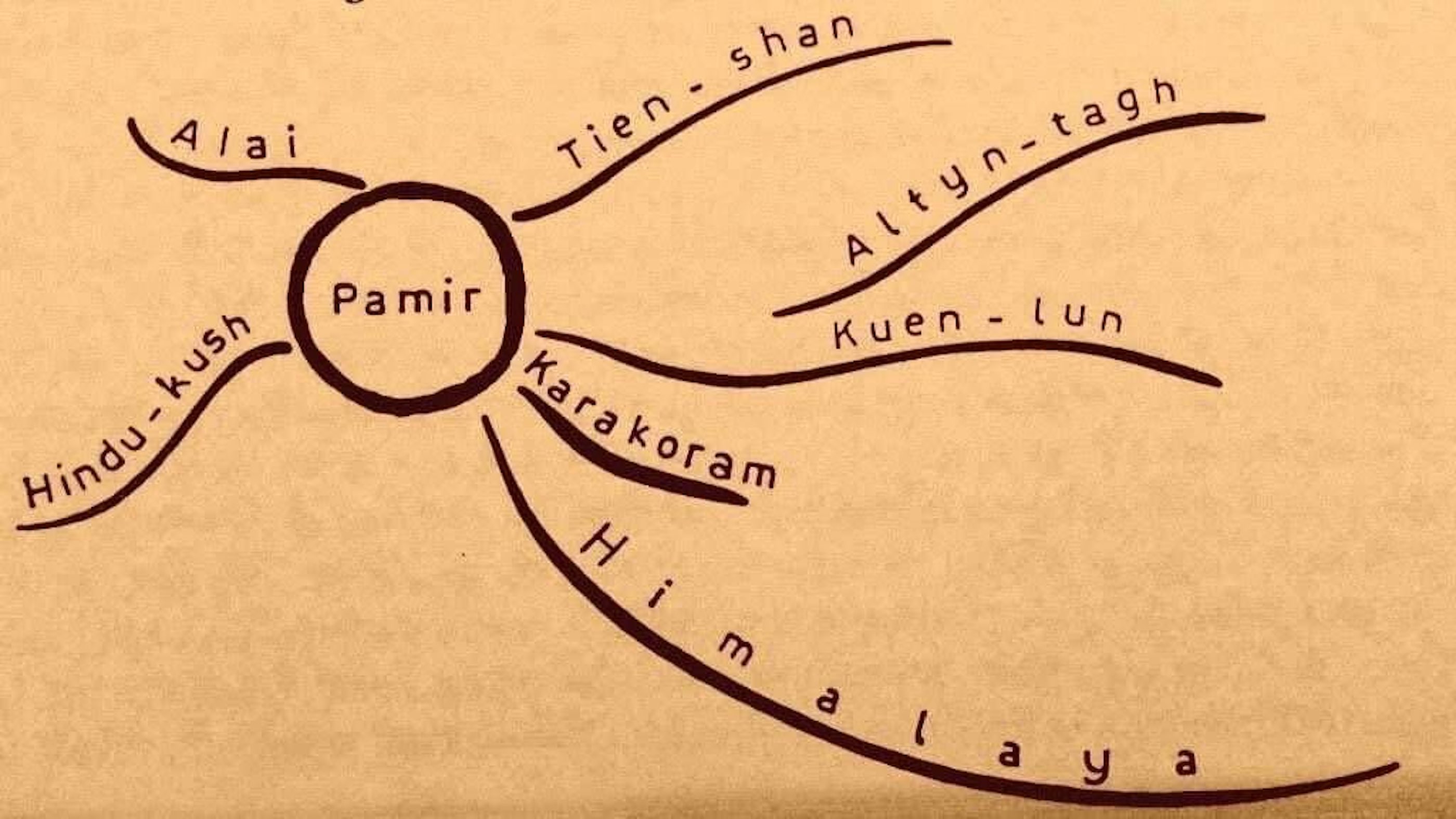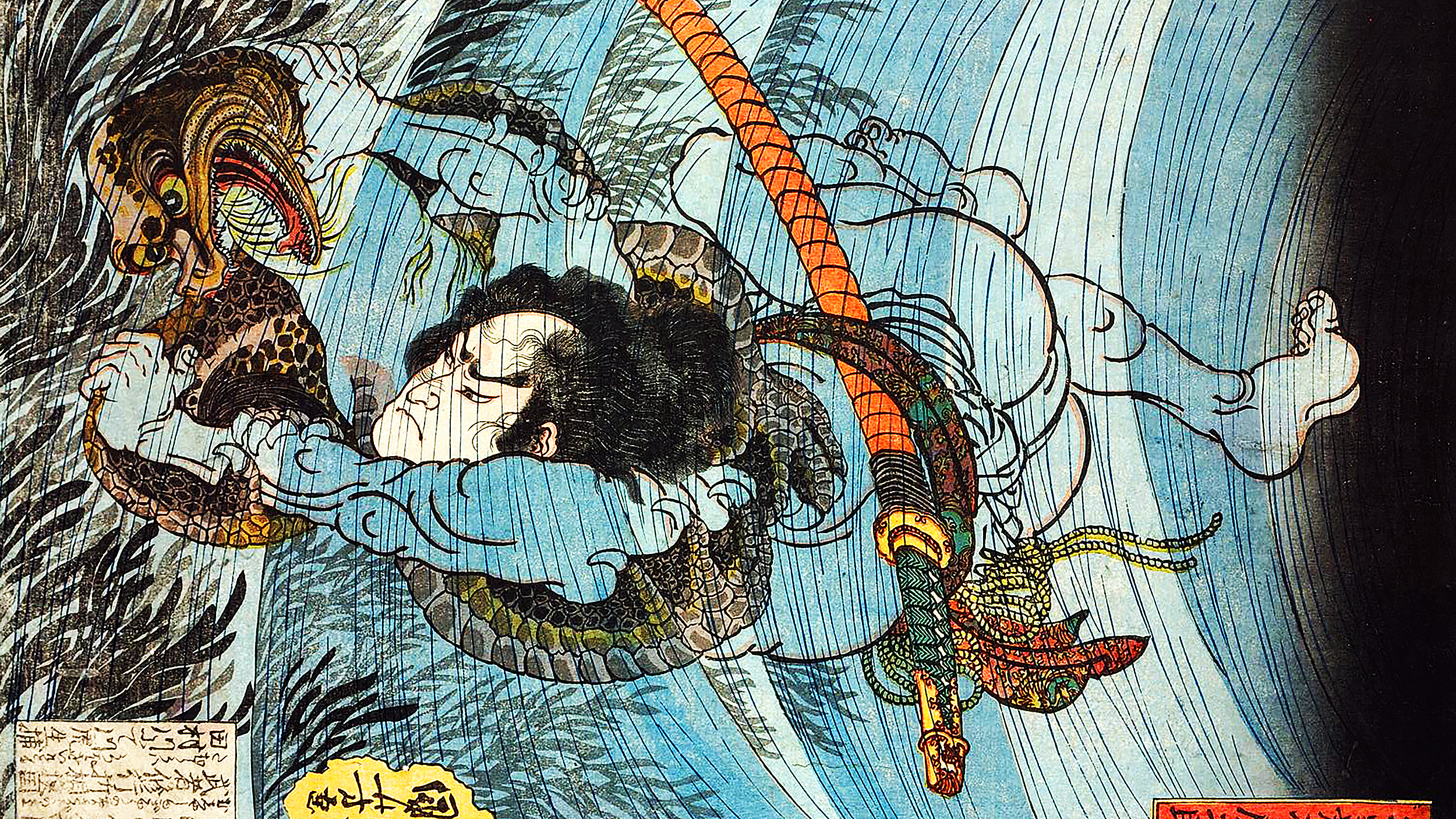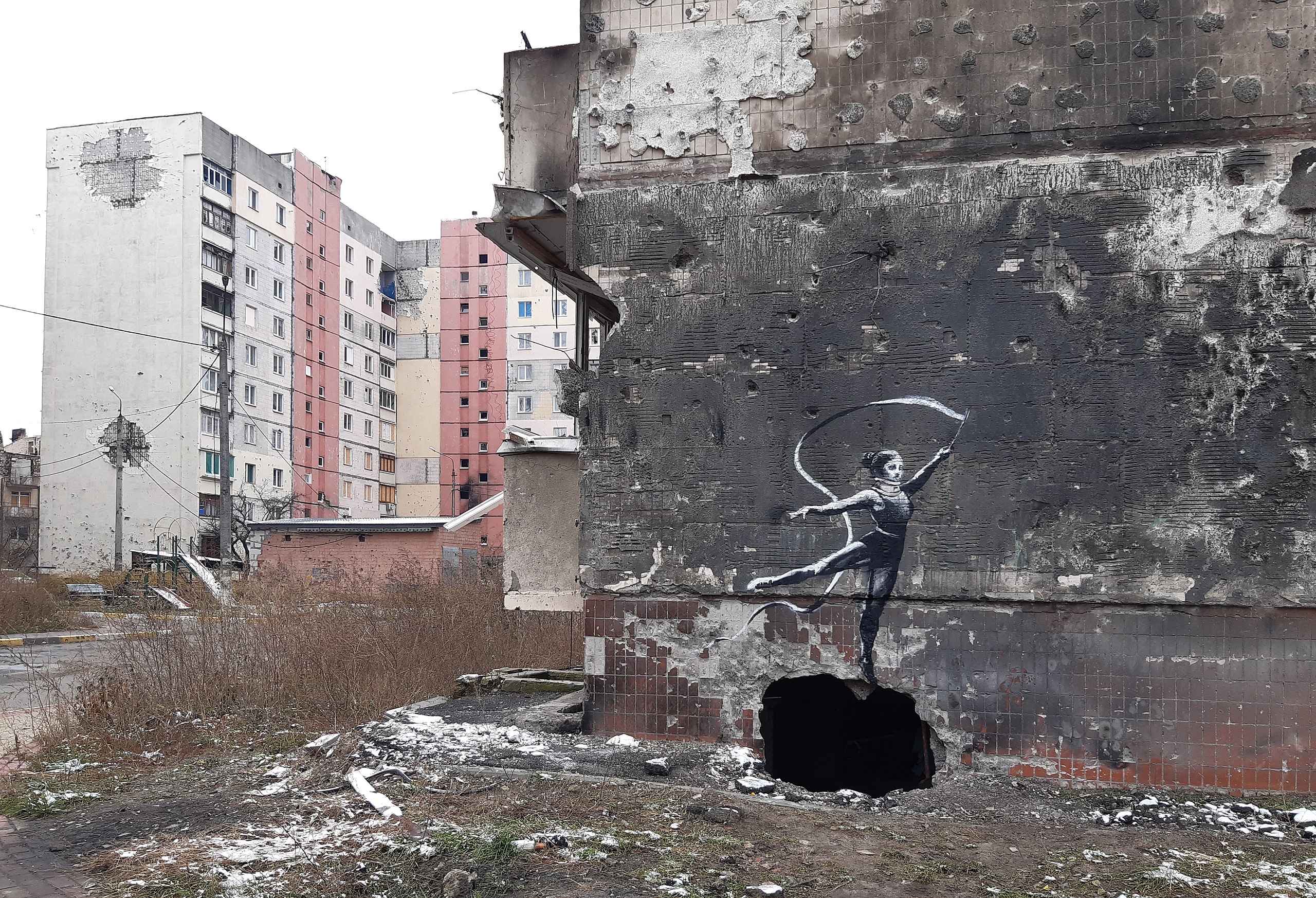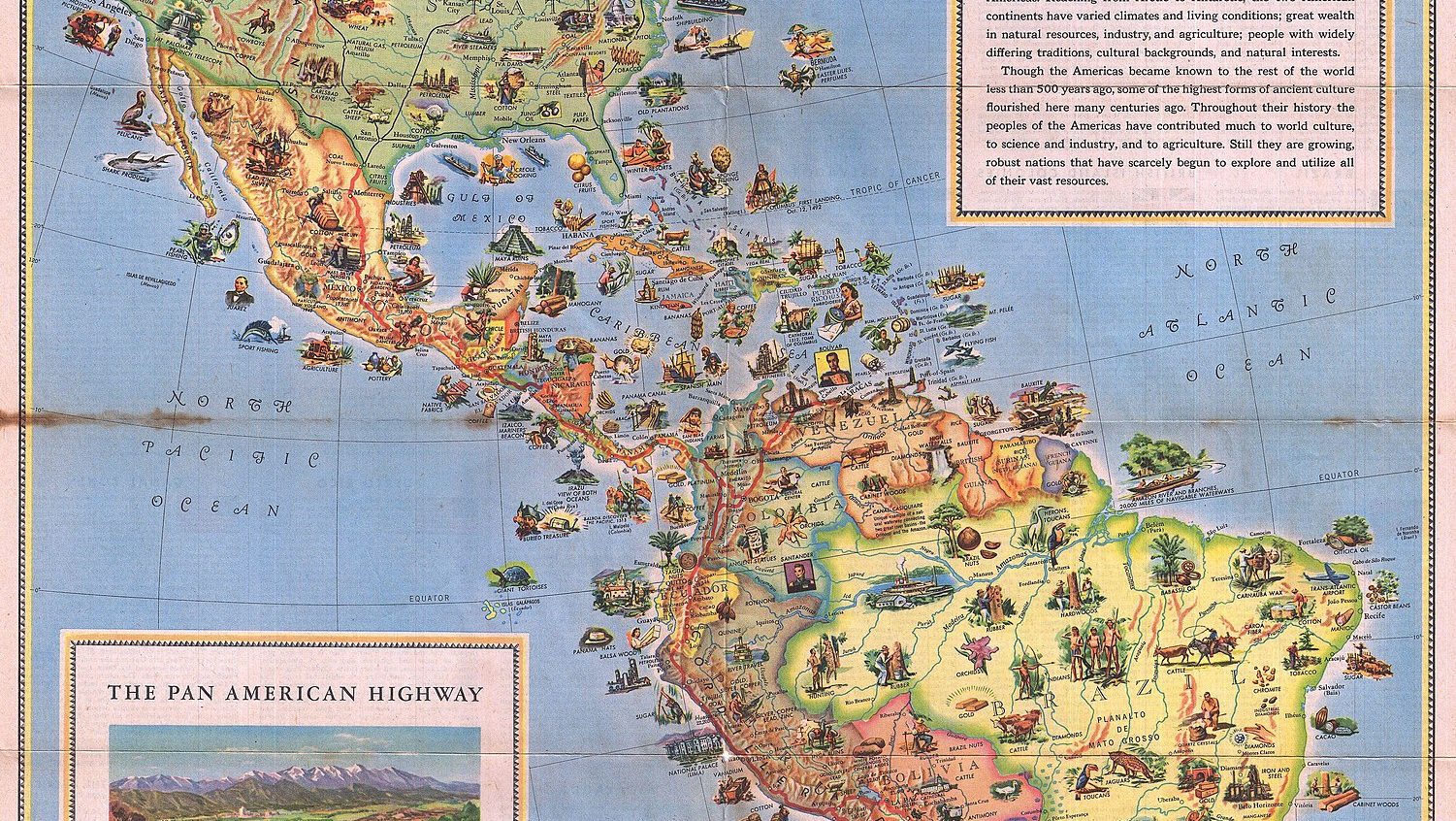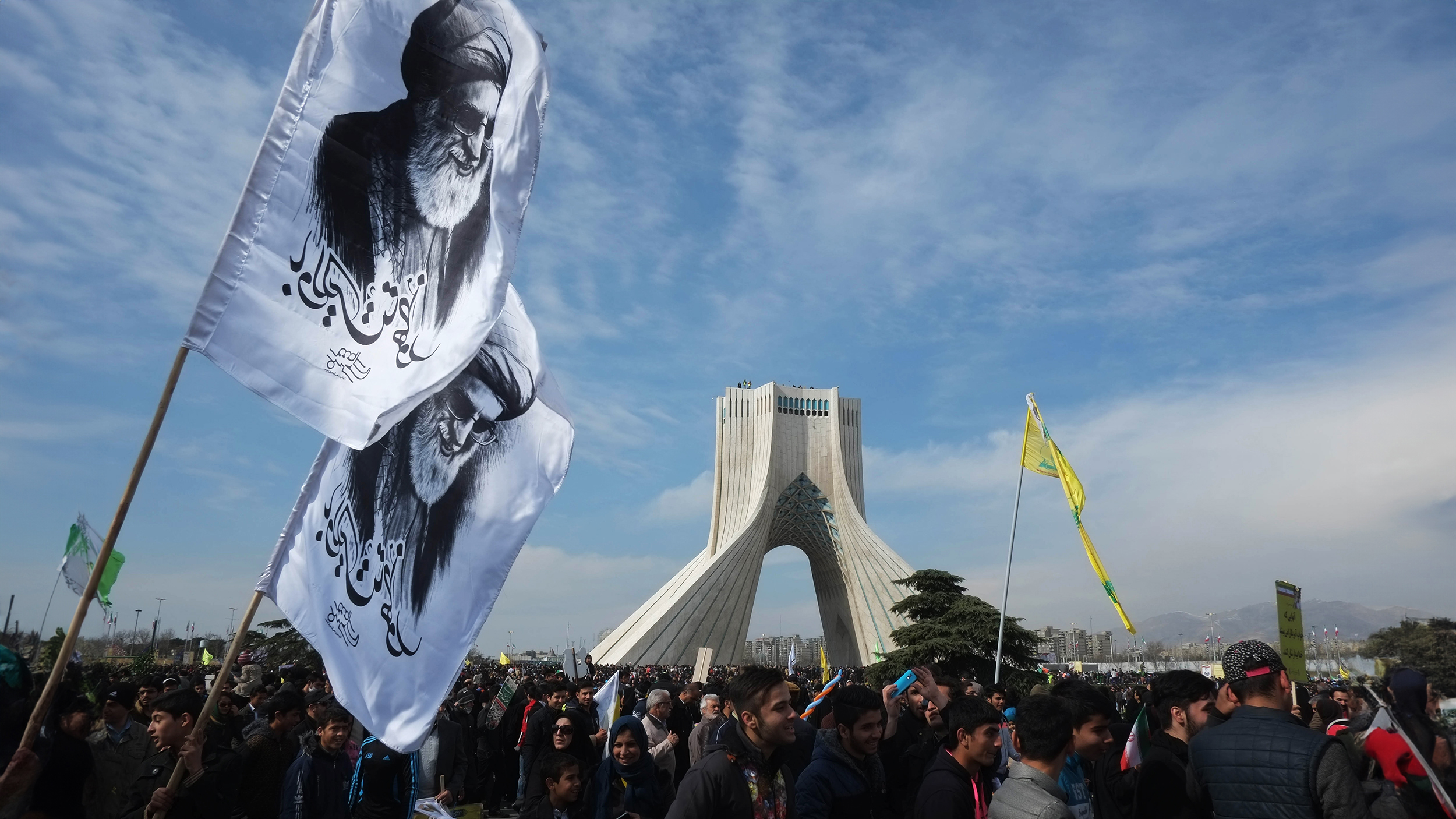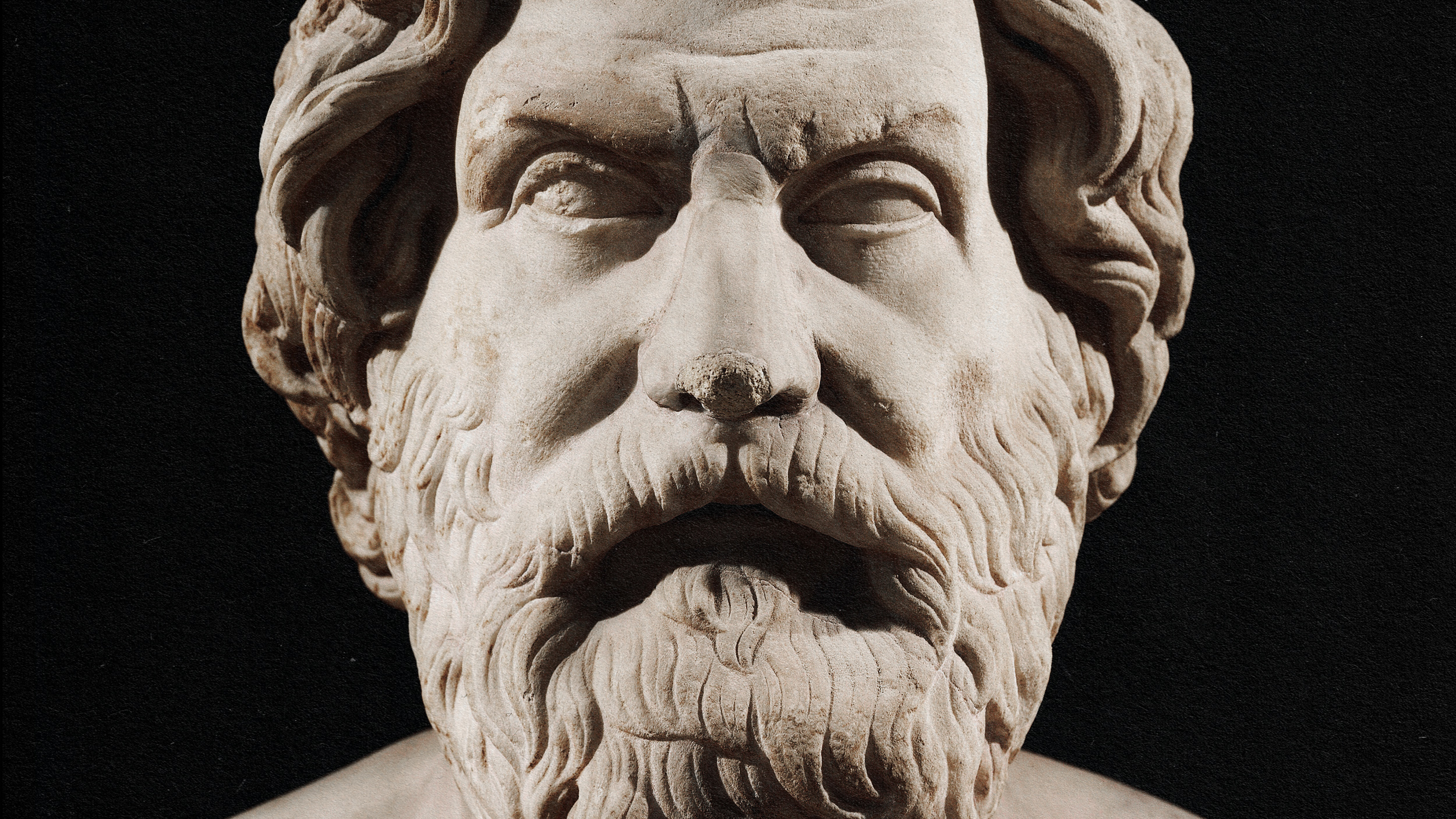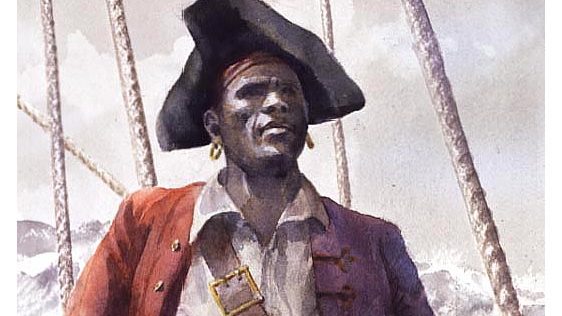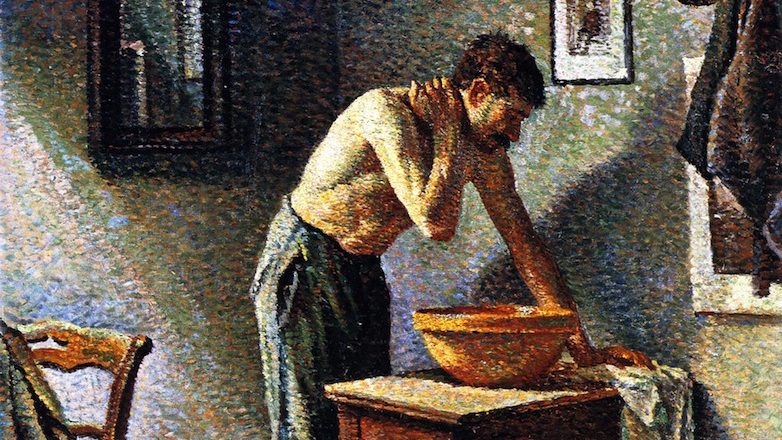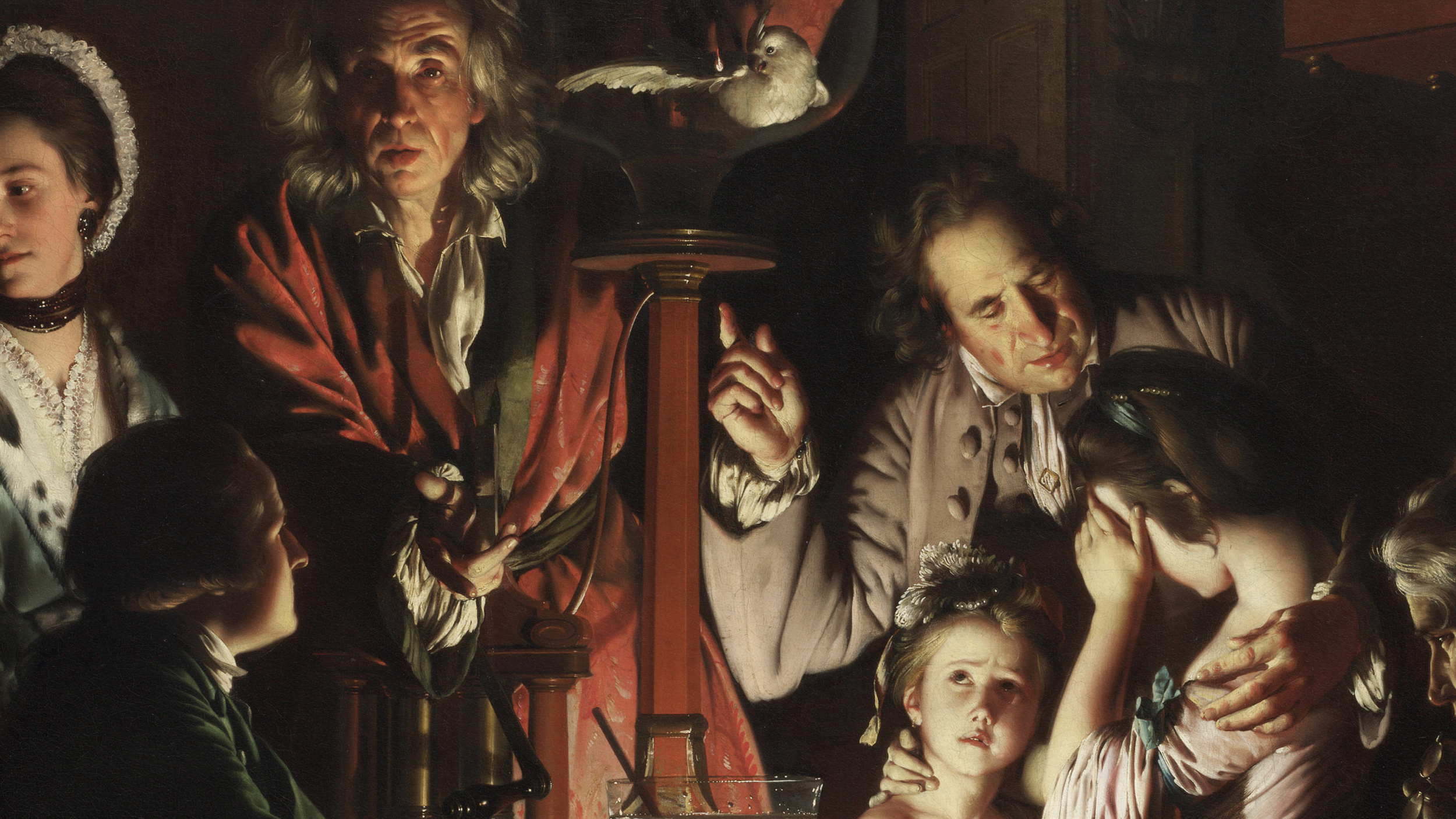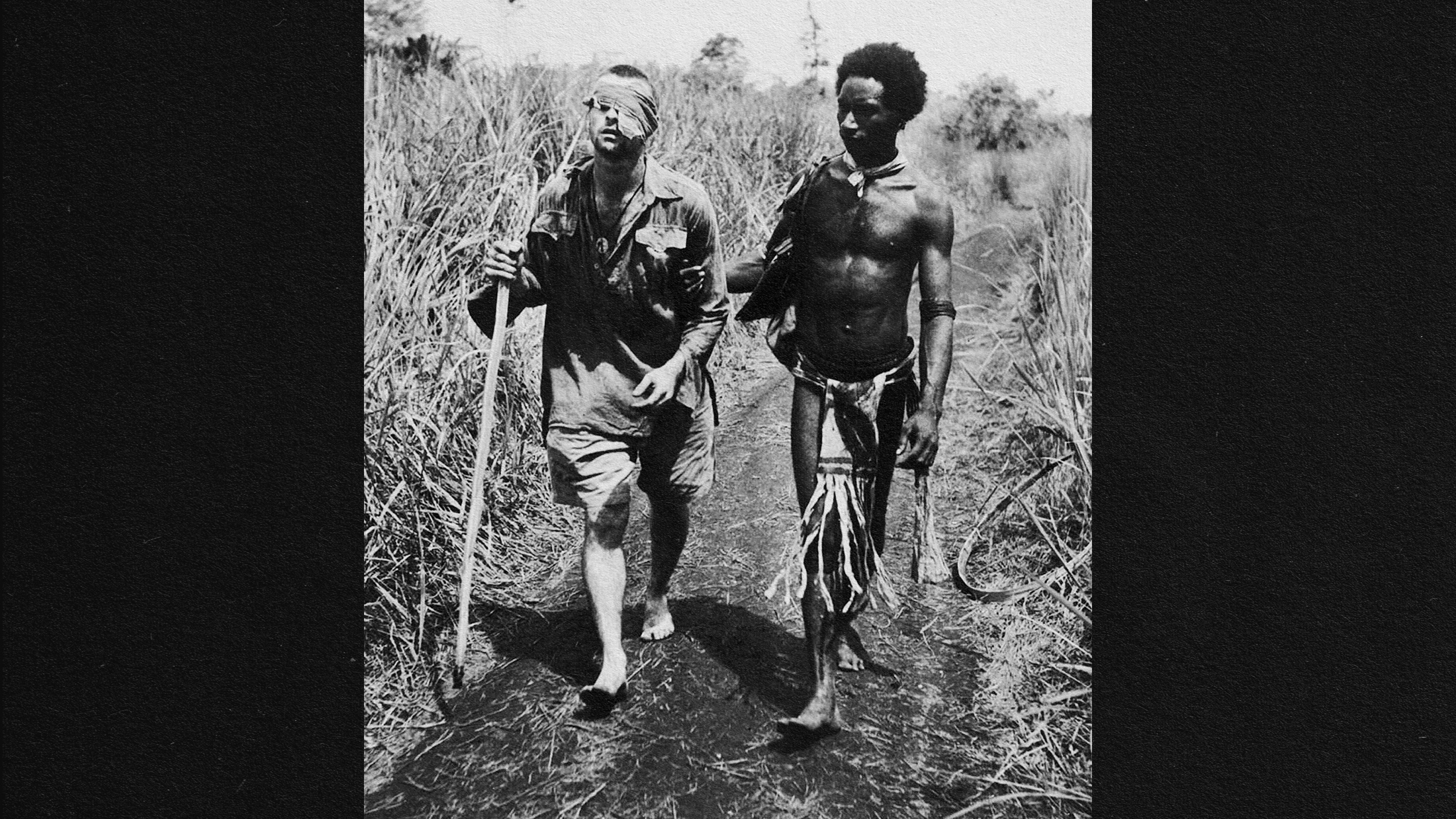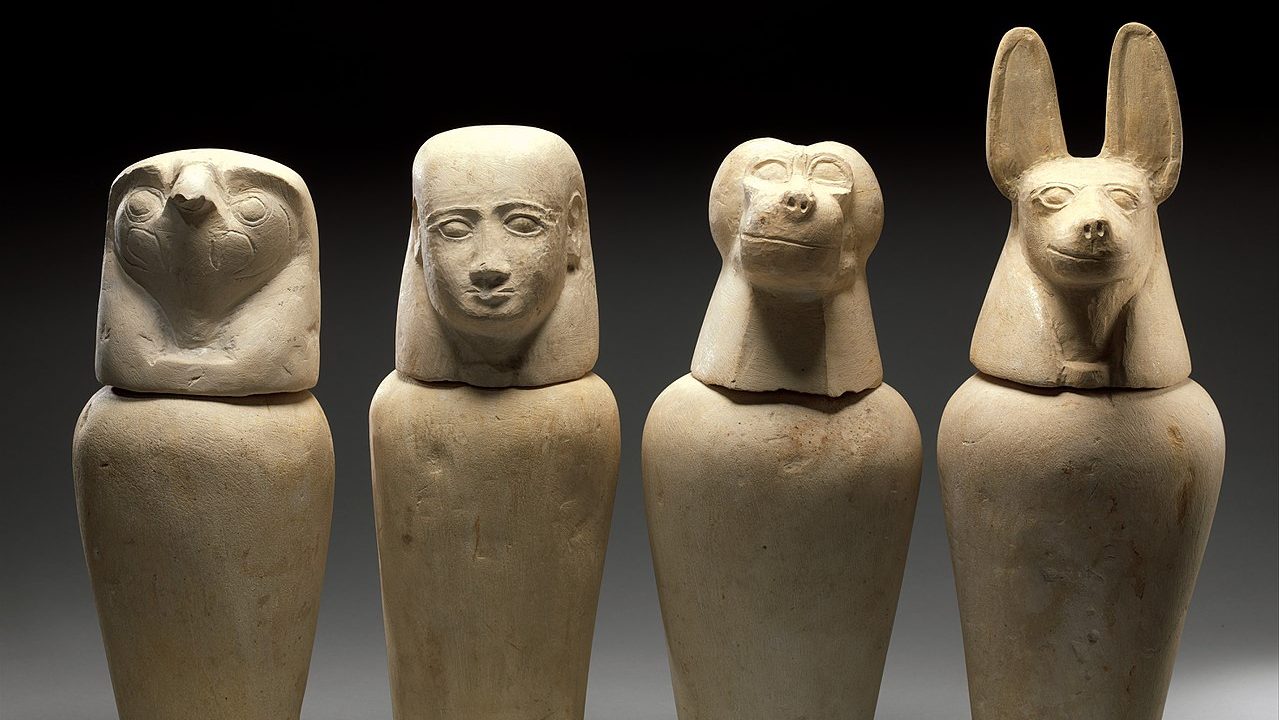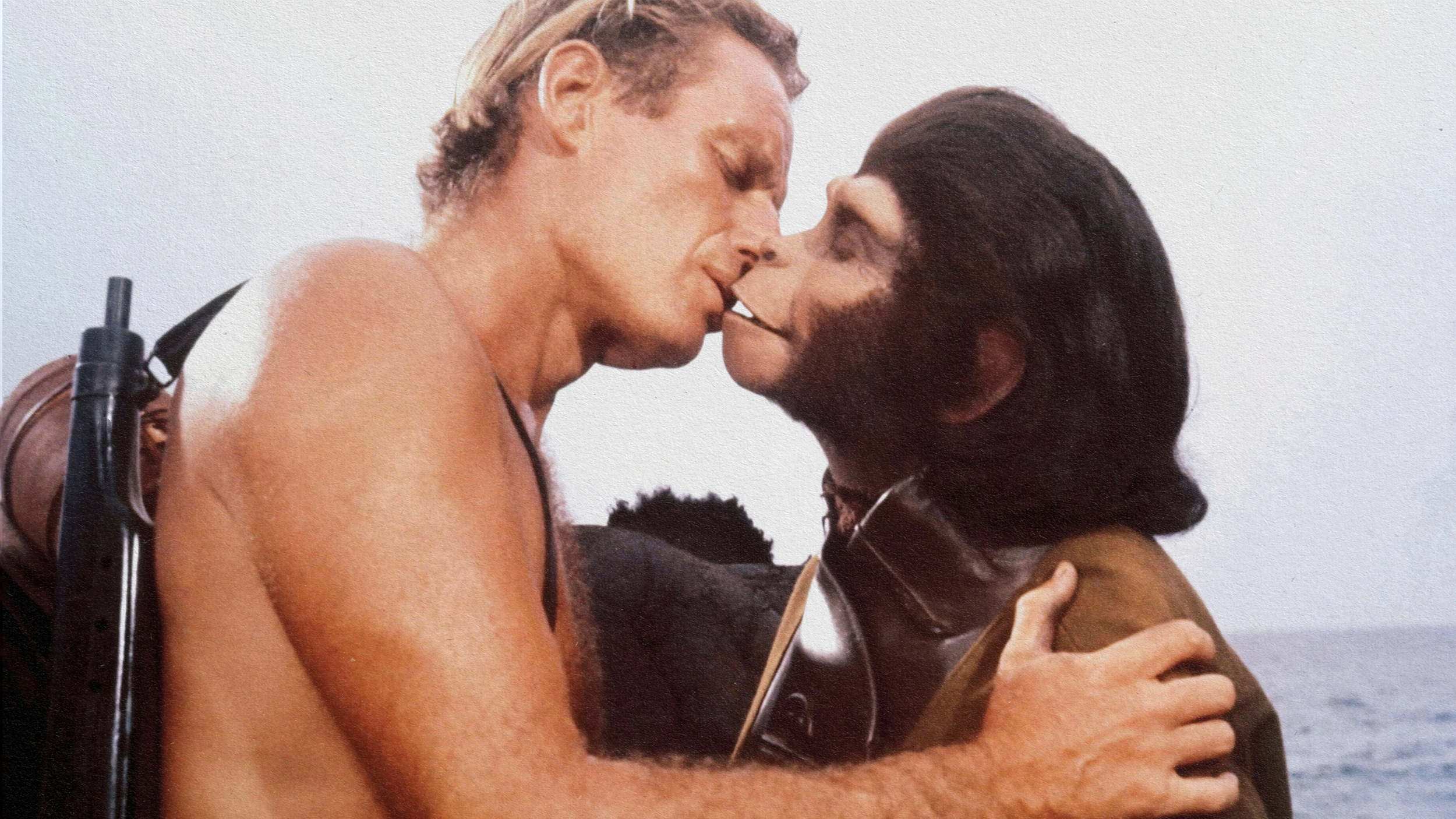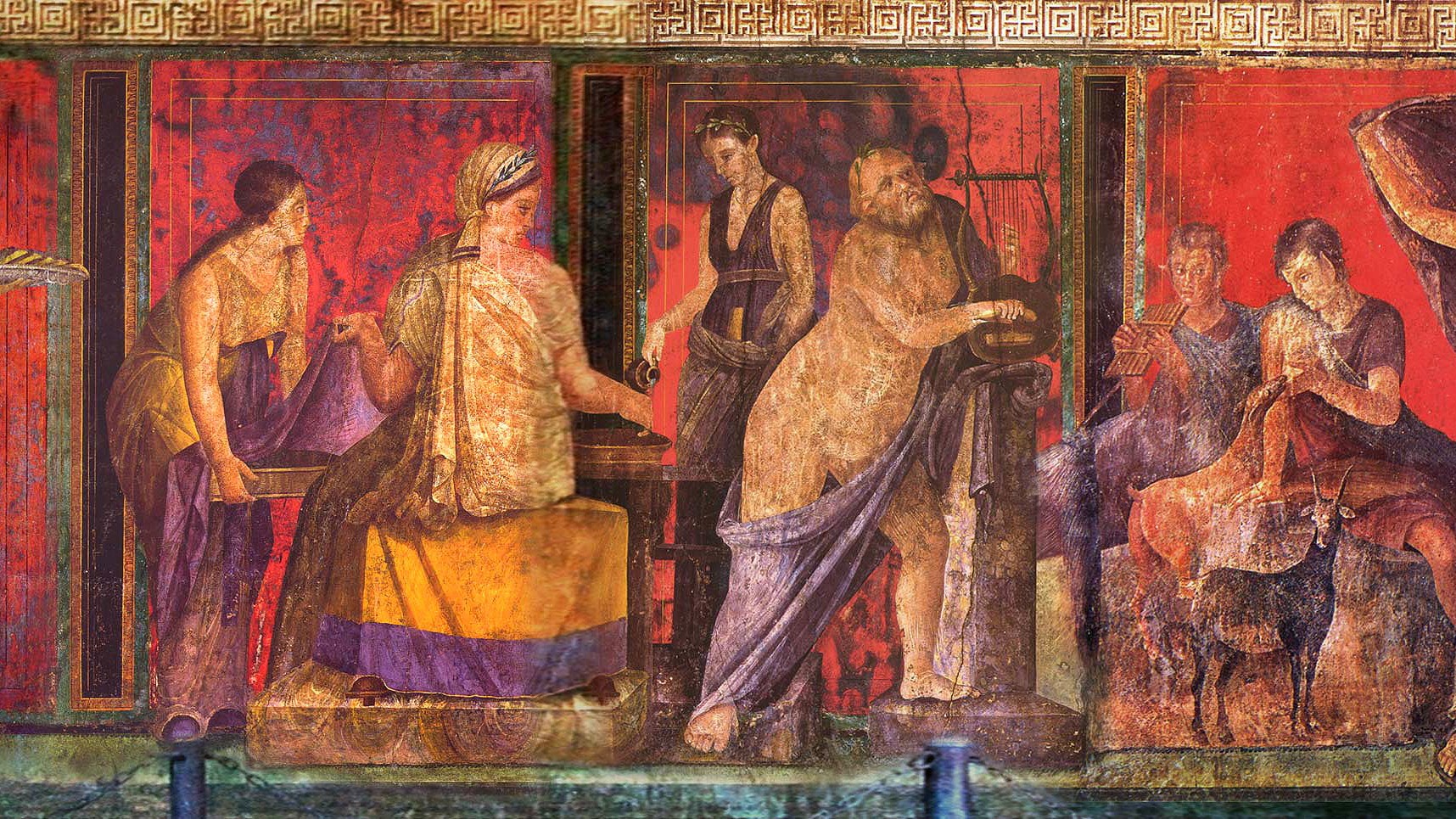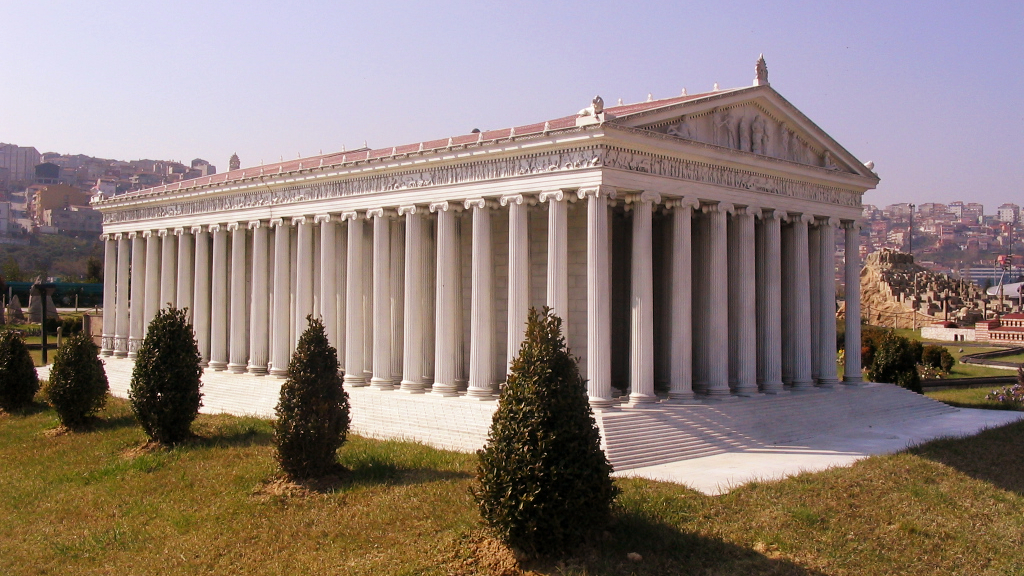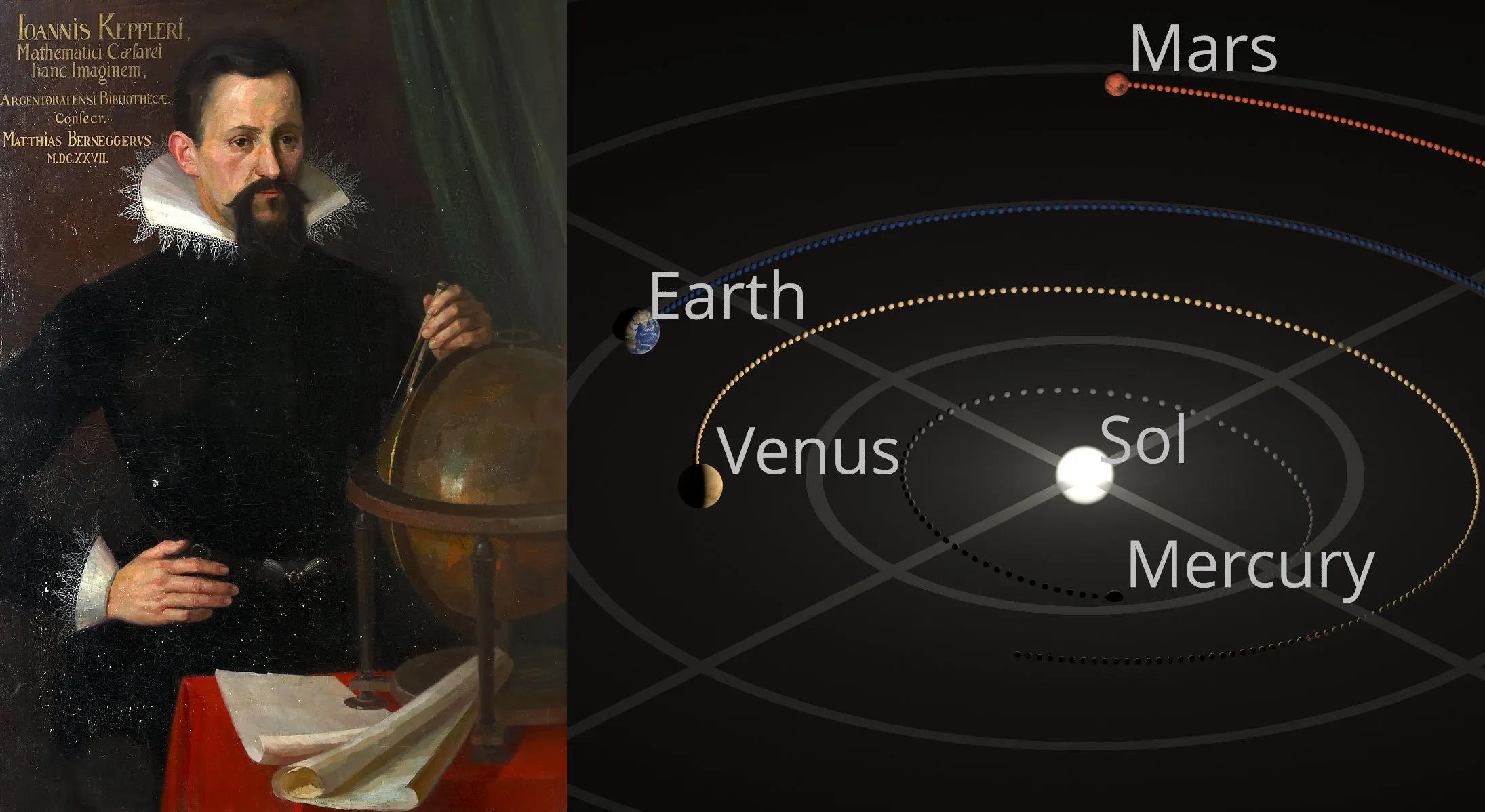history
The great philosopher spent the final portion of his painful life in a vegetative state. Did illness get him there, or was it his own philosophy?
Serving as the inspiration for the modern horror classic “The Blair Witch Project,” what does our fascination with this unsolvable mystery tell us about our modern psyche?
Once at the pinnacle of Amsterdam’s art scene, Rembrandt van Rijn eventually found himself outcompeted by his own students.
The young and healthy were not just as likely to die as the old and frail, according to a new analysis.
Only nine weeks later, the Wright Brothers achieved manned flight. The pathologically cynical always will find a reason to complain.
From ancient Greek cosmology to today’s mysteries of dark matter and dark energy, explore the relentless quest to understand the Universe’s invisible forces.
Rejecting romanticism, these famous paintings depict war as it really is: sadistic and senseless.
Considering the astronomical occupational risks, life insurance was prohibitively expensive for the first NASA astronauts.
Hermann Minkowski called Einstein a “lazybones” with a “not very solid” education. Less than 10 years later, he would eat his words.
China has always been one of the world’s wealthiest nations, but Chinese wealth looks different across the country’s eventful history.
This minimalist map unties Asia’s mountainous geography, centered on the “Pamir Knot.”
The toilet “is a portal to a mysterious otherworld.”
In war zones, aggressors steal art to eradicate the cultural heritage of others. Victims, meanwhile, sell stolen art in order to survive.
The Pan-American Highway began a century ago with a vision of unfettered motor-vehicle access between Alaska and Tierra del Fuego. What happened to the dream?
Traditionally, the long history of Japanese thought has not been viewed as “philosophy” — even by Japanese scholars. It’s time for a rethink.
The Persian Constitutional Revolution made unlikely allies and enemies of missionaries, ayatollahs, the shah, and his Russian ambassadors. Its legacy shaped modern-day Iran.
Dive into five philosophical schools that have faded into obscurity but still whisper through the ages.
In ancient Rome, collective bathing was the norm. In the West today, it’s the exception — and that’s too bad.
Was the terror of Biscayne Bay a man who escaped slavery, an African chieftain, or a marketing ploy that went viral?
The smartest person in the world was Isaac Newton, a true polymath whose brilliance never has been, nor ever will be, surpassed.
The philosophy of sex is going through a recalibration period.
France’s notorious disregard for washing gradually changed as military authorities and public schools promoted a modern regime of cleanliness.
Science and technology were making early modern Europe a better place to live, but at what cost?
Australian soldiers fighting the Japanese recruited native New Guineans to their campaign.
The stench of death is actually fairly pleasant.
In an attempt to prove Christianity inferior to communism, a Soviet scientist hoped to play God.
In a world without clocks, people used common activities in place of time units. How long it took you to go to the toilet mattered.
Historians have been able to piece together a clear picture of how the average Roman citizen spent their waking hours.
His crime was so great, he was not only sentenced to death but his name was to be erased from memory.
How can you maximize the amount of love and happiness in your life? One of history’s greatest scientists found the answer: with math.
